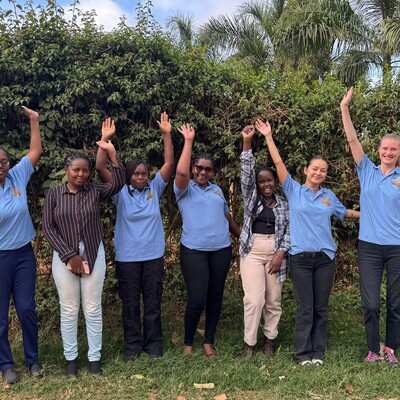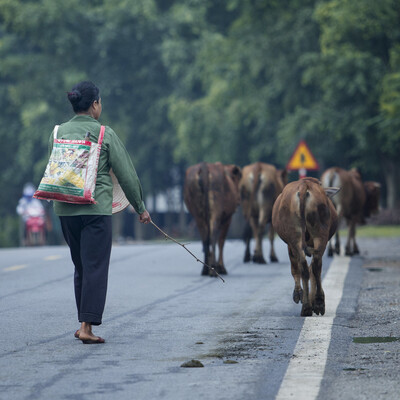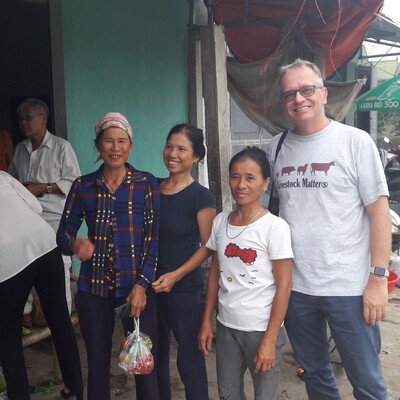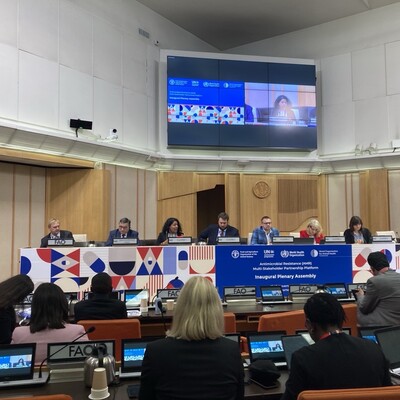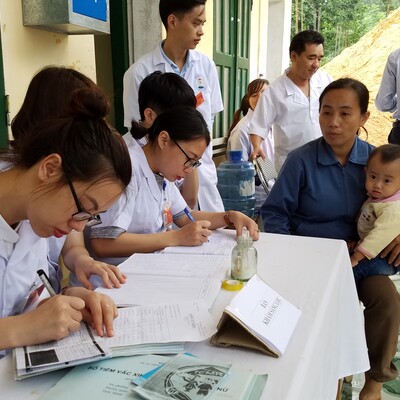
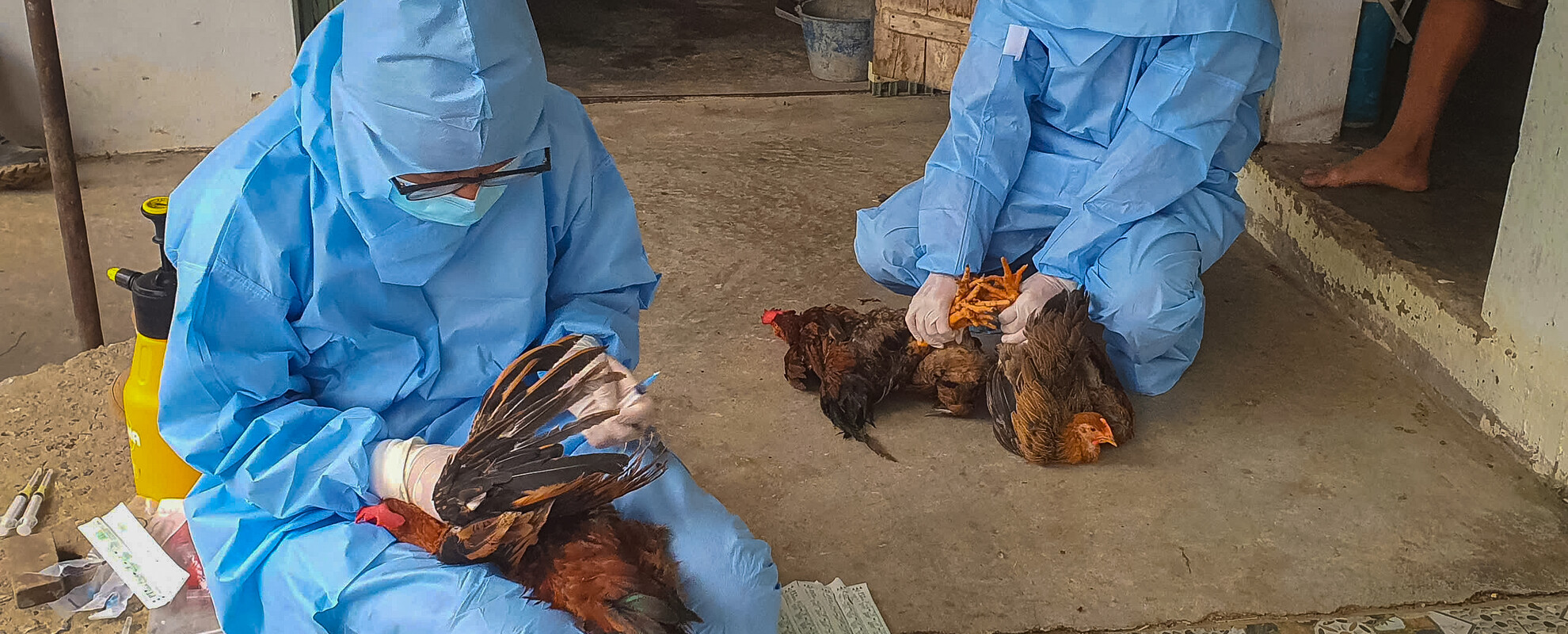
Preventing the next pandemic: One Health researcher calls for urgent action
Posted on
The world is facing daunting health challenges with the rise of zoonotic diseases—infections that are transmissible from animals to humans. These diseases—which include Ebola, avian flu, COVID-19 and HIV—show how the health and wellbeing of humans, animals and ecosystems are closely connected.
Zoonotic diseases have become more and more common due to factors such as urbanisation, deforestation, climate change and wildlife exploitation. These dangers are not limited by borders: they are global and demand a coordinated response.
By looking at health holistically, countries can address the full spectrum of disease control—from prevention to detection, preparedness, response and management—and contribute to global health security.
The World Health Organization has a basis for such an approach: One Health. This recognises the interdependence of the health of people, animals and the environment and integrates these fields, rather than keeping them separate.
I lead the Health program at the International Livestock Research Institute, where we are looking for ways to effectively manage or eliminate livestock-related diseases, zoonotic infections and foodborne illnesses that disproportionately affect impoverished communities...
You may also like
Related Publications

Review of a decade of fauna research in Côte d'Ivoire with insights into wildlife health and zoonotic transmissions
- Dindé, A.O.
- Cook, Elizabeth A.J.
- Terfa, Zelalem
- Soro, D.
- Hung Nguyen-Viet
- Bett, Bernard K.
- Bonfoh, B.

Biodiversity threats and socio-ecological dynamics in Chebera Churchura National Park: A one health approach
- Guadu, T.
- Abera, B.
- Tesfay, K.
- Berhane, A.
- Tafese, A.
- Solomon, T.
- Debebe, B.
- Getachew, M.
- Shibabaw, A.
- Araba, A.
- Abdurahman, M.
- Yadeta, W.
- Tadesse, Y.
- Ayemeta, T.
- Knight-Jones, Theodore J.D.
- Mor, Siobhan M.
- Mereta, S.T.
- Kaba, M.

A one health approach to prioritizing emerging zoonotic diseases (EZDs) in northern Vietnam
- Luong Hung Nam
- Thang Nguyen-Tien
- Lindahl, Johanna F.
- Sinh Dang-Xuan
- Phuc Pham-Duc
- Unger, Fred
- Bui Nghia Vuong
- Dao Duy Tung
- Hung Nguyen-Viet
- Hu Suk Lee

From protection to pollution: Evaluating environmental and human health risks of acaricide use in dairy farming in Kenya
- Maina, Kevin W.
- Parlasca, M.C.
- Rao, E.J.O.






